Address rights concerns raised by the UN, West

With Bangladesh's 12th parliamentary polls over, congratulations have been pouring in from China, India, Russia and other countries for the re-elected Awami League which is set to begin its fourth consecutive term in office soon. As expected, the US has termed the virtually opposition-less election "not free or fair," and the UK noted that the standards of democratic elections "were not consistently met during the election period." However, both countries also talked about moving forward and developing better and deeper ties with Bangladesh, which is a good thing considering our long-term interests.
Condemning the political violence that took place during election and in the months leading to it, the US urged all political parties to reject violence. Meanwhile, the UK emphasised on the need for creating conditions "for a sustainable political settlement and vibrant civil society" for long-term growth, which we have also been urging for quite a while. Western criticism regarding the political and human rights situation in Bangladesh has been there for some time for a reason. Perhaps the ruling party did not take it seriously before the polls as part of its election strategy. It should, however, now seek to address those. The West remains our biggest trading partner. Therefore, in the interest of continuing good relations with Western countries, we hope the government will not become a prisoner of its own mindset that all criticism is unhealthy.
The UN, on the other hand, has been quite critical in its observation of Bangladesh's human rights situation and the government's "repression of opposition candidates and supporters." Drawing attention to the thousands of opposition supporters who have been "detained arbitrarily or subjected to intimidation" in the run up to the election, it has called on the newly elected government to take steps to renew the country's commitment to democracy and human rights. It has insisted on thorough and effective investigation of rights violations and irregularities during the campaign and on election day itself, including the use of mass arrests, threats, enforced disappearances, blackmailing and surveillance by law enforcement officials—many of which were highlighted previously in media reports.
We hope that the ruling party, in the euphoria of victory, will not ignore these very serious allegations and concerns that have been raised. The prime minister herself earlier said that Awami League is willing to correct any mistakes that it had made. Addressing the legitimate rights concerns raised by the UN and the West would be a good place to start.


 For all latest news, follow The Daily Star's Google News channel.
For all latest news, follow The Daily Star's Google News channel. 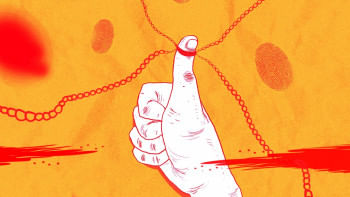
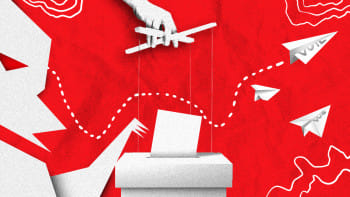



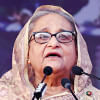

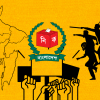
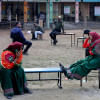


Comments